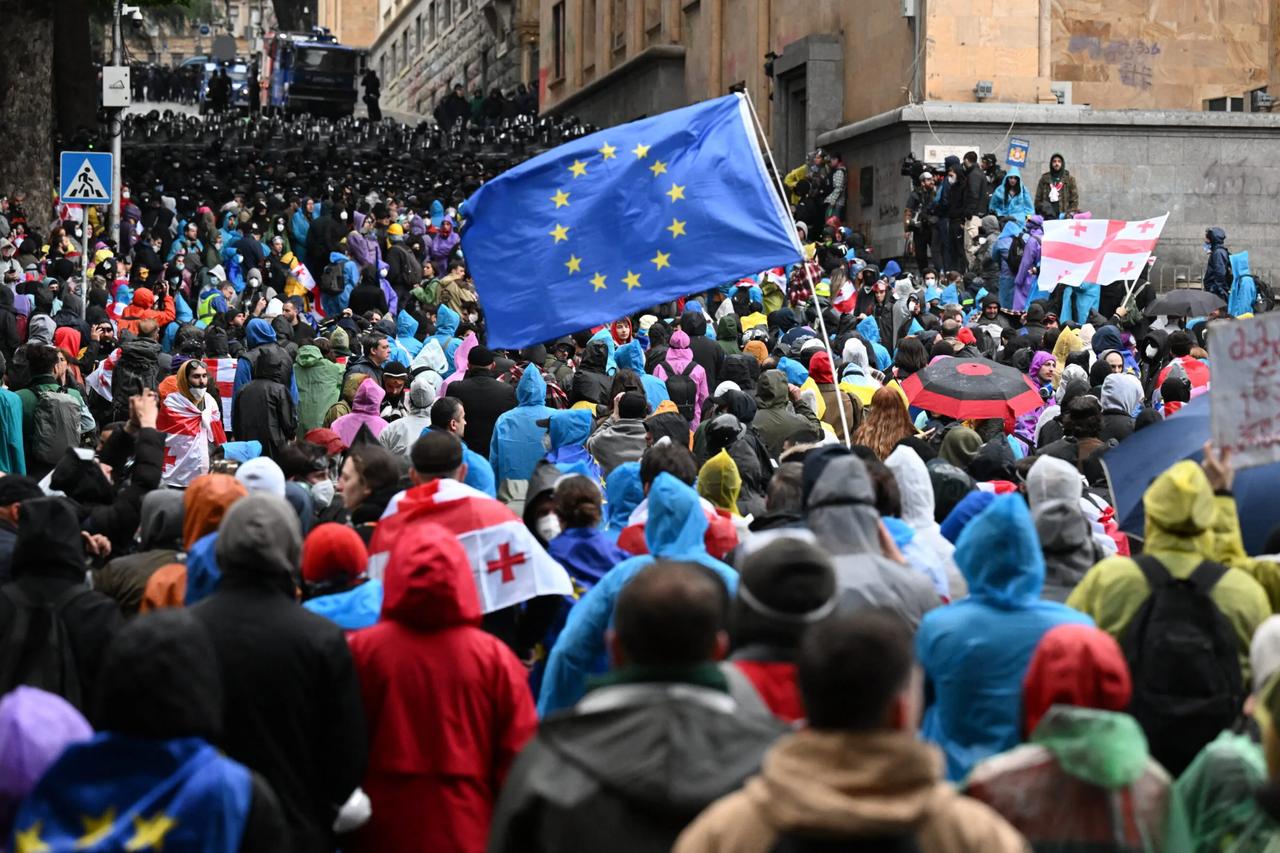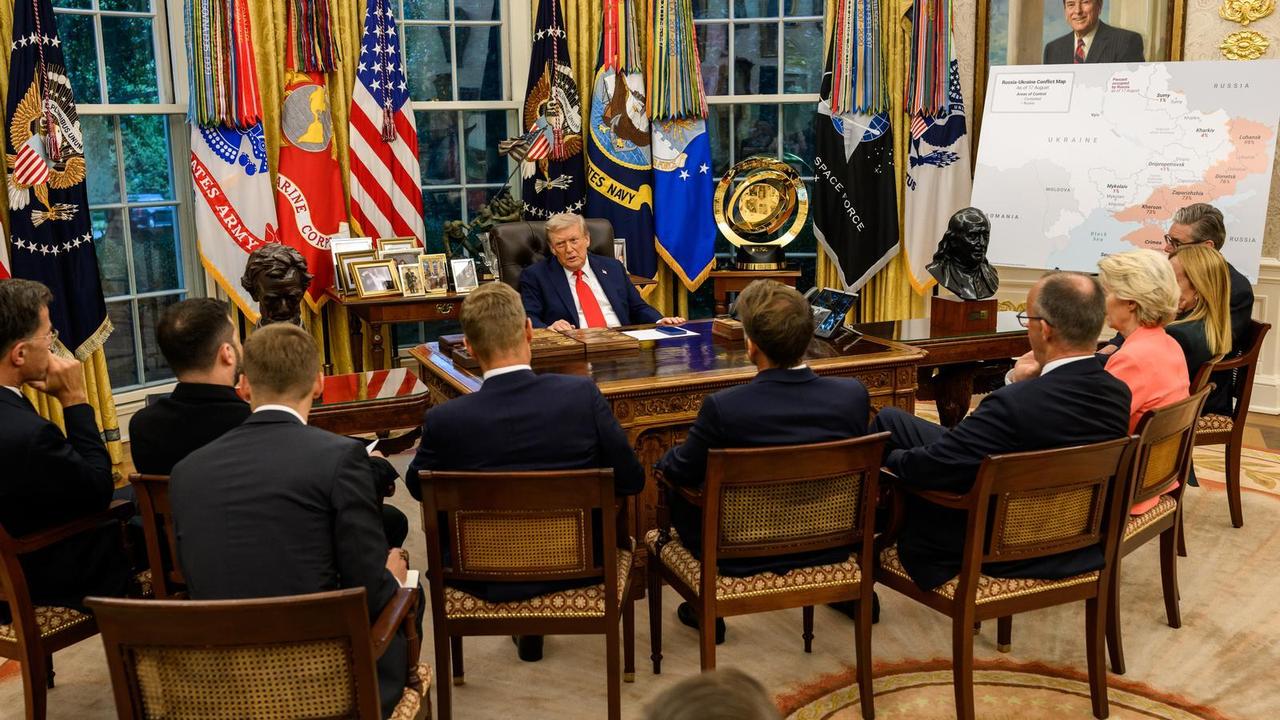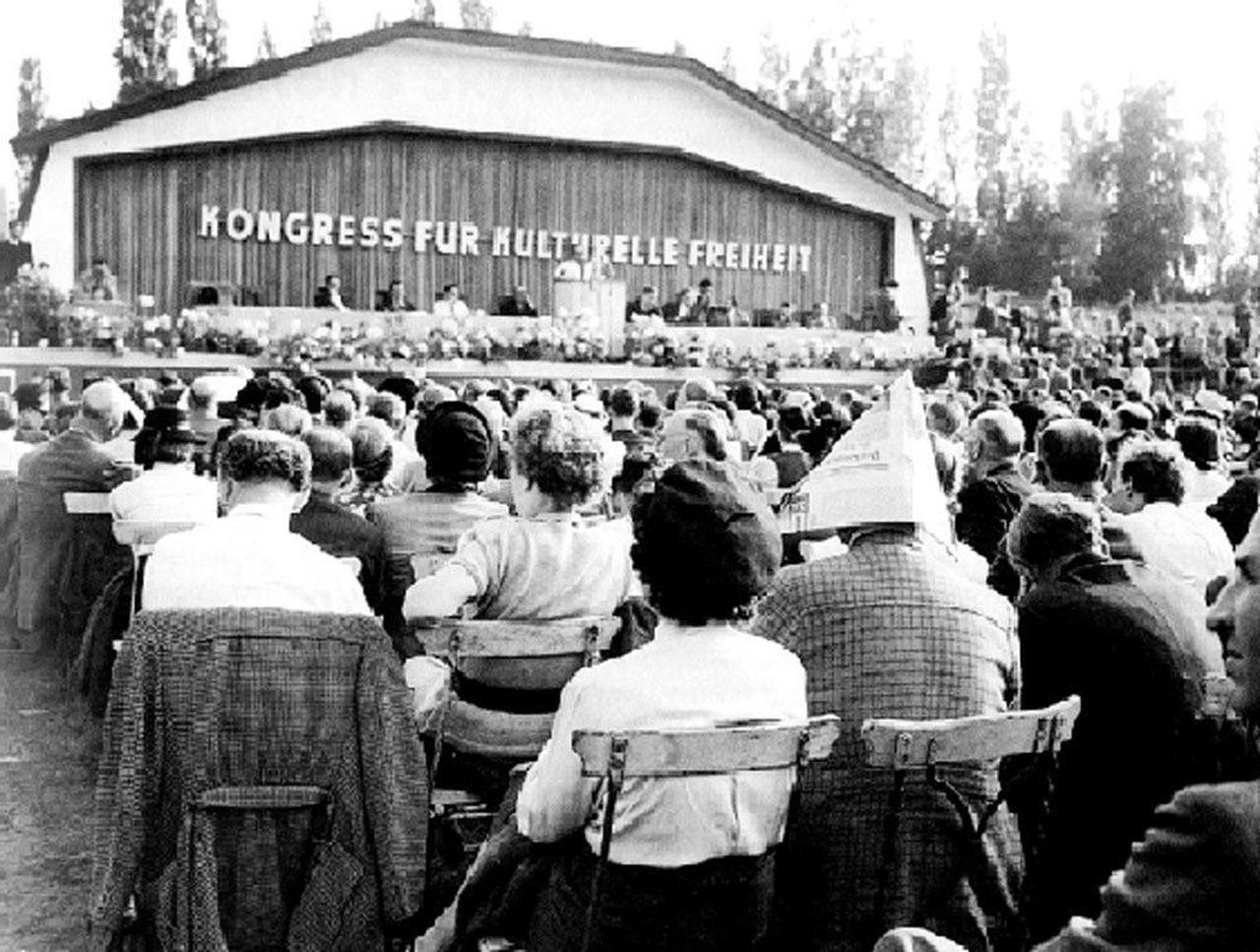
In the United States, the Foreign Agents Registration Act (FARA) requires disclosure for specific activities on behalf of foreign principals. The law focuses on lobbying and political activity conducted for foreign governments or entities.
Europe has taken a different path. In 2023, the European Commission proposed a Directive on Transparency of Interest Representation on behalf of third countries.
Unlike many foreign agent laws appearing elsewhere, the proposal focuses on actors representing foreign states, rather than categorically restricting all organizations receiving foreign funds.
It was originally introduced to standardize transparency regarding foreign state interests in EU policy.
Amid President Trump’s strong-arm tactics and Russia’s ongoing psy-ops that visibly sway European elections, the EU now holds a political card that could actually matter.
The bloc could leverage this directive as a counter-pressure tool, one that not only reins in U.S. influence if Trump chooses to keep dismissing it but also helps shield the continent from Moscow’s far-right infiltration.
Foreign agent laws have spread aggressively across central and eastern Europe. Many of these laws violate international human rights norms by forcing NGOs and civil society organizations to register as agents of foreign influence if they receive foreign funding.
These measures directly target human rights defenders, using ambiguous legal wording and vague definitions to enable state interpretation.
The consequences are severe. Organizations refusing to comply face disproportionate penalties, including large monetary fines, and in many cases, risk termination of operations.
These laws also impose heavy reporting burdens and audit requirements. The language surrounding such legislation often stigmatizes civil society, painting NGOs as tools of foreign powers. Public trust erodes, and hostility against independent civil actors increases.
This phenomenon is not abstract. It is now a reality in Europe’s neighborhood and inside Europe’s political space.
The trend corresponds with Russian interests and Russian playbooks. The more these models spread, the more civil society in the region risks being structurally weakened.

Since Donald Trump is back in the White House, he 47 repeatedly & openly threatened Europe again with tariffs, while simultaneously humiliating EU institutions in public.
He has made it clear he does not intend to pay for European security or uphold the traditional defense umbrella.
This crisis is fundamentally strategic: Washington no longer wants to carry Europe’s security burden but still expects influence over European policymaking.
The EU’s response has been even-tempered. This doesn’t mean, however, that Brussels has no legal tool under development that could become a counter-leverage instrument: the planned EU transparency directive targeting interest representation on behalf of third countries could get wider.
If necessary, Europe has the capacity to use this mechanism to curb American influence inside EU political processes.
At the same time, the same tool could be used to contain Russian-supported far-right networks that are penetrating European parties and public discourse, two critical points for the Union to establish its own strategic autonomy more rapidly.
The EU’s push for a Third Country Interest Representation register has been met with strong criticism from European civil society.
Critics argue that the measure could become a mimic of Russian-style foreign agent frameworks and that it risks stigmatization and bureaucratic harassment. But it is also true that Russia exploited this vacuum long before Brussels started drafting regulations.
Foreign agent-like legal frameworks are now a European reality.
Georgia, Bosnia and Herzegovina, France, Kyrgyzstan, and Slovakia have recently moved forward with such legislation. Each instance chips away at the EU’s credibility as a defender of civil society.
Brussels can either abandon the field entirely or wield its own directive strategically.
The EU’s proposed transparency mechanism could be used as leverage against Russian influence.
It could also be deployed in diplomatic reciprocity against Washington if the US uses its domestic laws or foreign pressure to constrain European positions.
This is where the conversation shifts from defensive logic into proactive strategy.

Europe has a historical memory of these ideological battles. During the early Cold War, the Congress for Cultural Freedom mobilized liberal intellectuals against Soviet propaganda and infiltration efforts.
The Congress for Cultural Freedom was launched in West Berlin in 1950 at the height of the Cold War, shortly after the Soviet blockade of Berlin.
It was a major global cultural counter-structure active in 35 countries.
It emerged in reaction to a series of Soviet-backed intellectual congresses, culminating in the World Peace Council and the Stockholm Appeal.
Later reporting in the 1960s revealed covert US involvement in cultural funding networks.
Historian Frances Stonor Saunders has documented how most European intellectual circles after WWII were affected one way or another by the landscape that the CIA created.
Ideological competition was met with ca coordinated European cultural and intellectual organization.
Today, Europe faces a different ideological battlefield. The Russian state invests heavily in far-right propaganda and destabilizing narratives inside the EU. Influencers, parties, and media structures are being penetrated.
If Trump now pressures Europe economically and diplomatically while refusing to provide security, then the EU has no reason to maintain open channels of unregulated American influence.
Europe should build its own modern equivalent of the Congress for Cultural Freedom, but for today’s information ecosystem, not the analog Cold War ecosystem.
Combined with strategic use of its transparency directive, it can protect its decision-making sovereignty and counter hostile influence, whether that influence originates in Moscow or comes from a MAGA-dominated Washington.